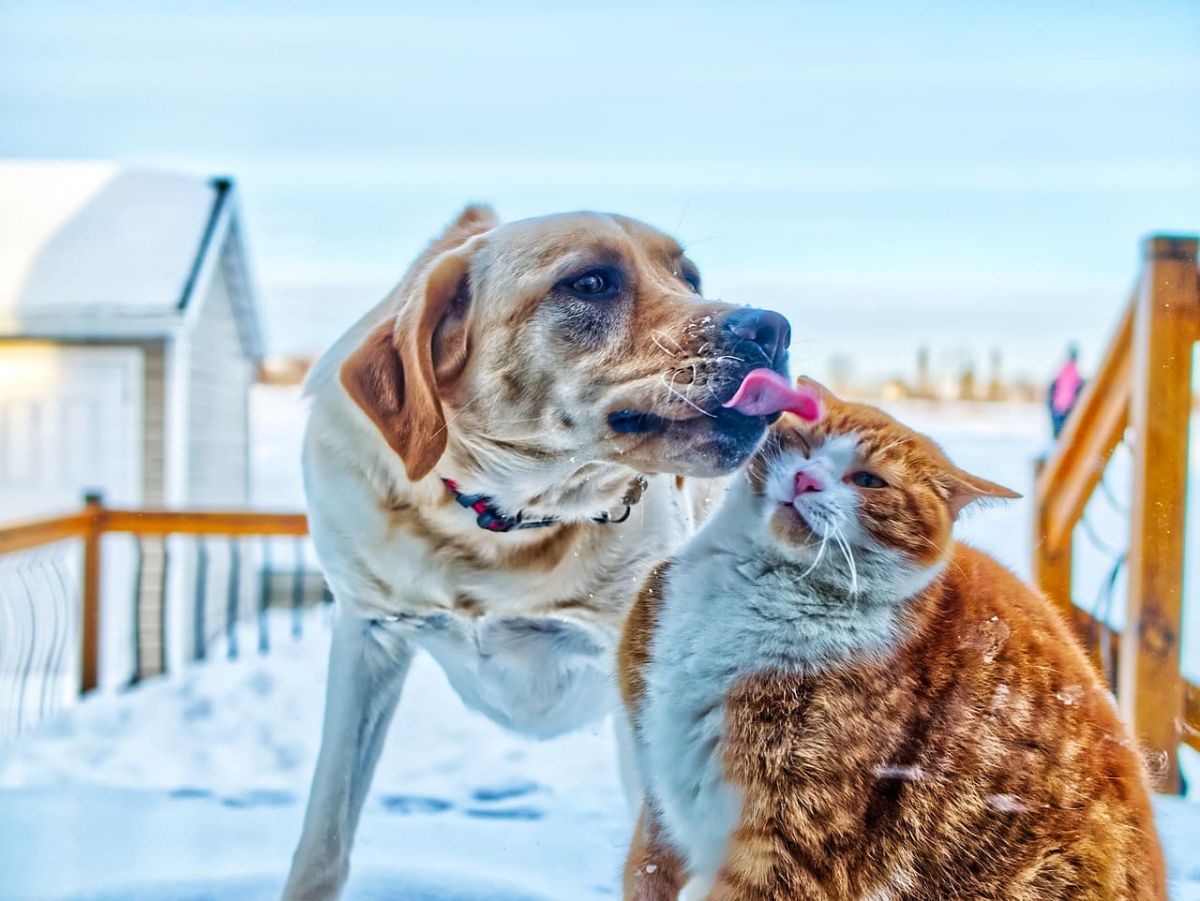Necessity of Vaccinating Puppies: An Guide of its Implementation & Possible Risks
 July 29, 2023
July 29, 2023
Vaccinating puppies is a critical aspect of responsible pet ownership. Just like human infants, puppies are highly vulnerable to various infectious diseases. Vaccinations not only protect them from these illnesses but also contribute to the overall health and well-being of the canine population. Here we will explore the necessity of vaccinating puppies and delve into the specific steps involved in the implementation of puppy vaccination programs. Furthermore, we will discuss the possible risks associated with puppy vaccinations and analyze how these risks can be minimized.
Vaccinating puppies is essential for several reasons. Firstly, vaccines help safeguard puppies from life-threatening diseases such as distemper, parvovirus, hepatitis, and rabies. These diseases can be devastating and often result in severe illness, organ damage, or even death in young canines. Secondly, vaccinations contribute to the public health by preventing the spread of zoonotic diseases, which can be transmitted from animals to humans. Diseases like rabies pose a significant risk to both animals and humans, and vaccinating puppies plays a crucial role in preventing their transmission. Lastly, vaccination programs promote herd immunity, ensuring that the overall canine population remains protected, particularly those who are unable to receive vaccines due to health issues.
The specific steps involved in vaccinating puppies are methodical and timed strategically. When puppies are born, they attain a measure of immunity from their mother’s milk. However, this immunity wanes as the puppies grow, making vaccinations necessary from around six to eight weeks of age. The initial set of vaccines typically include distemper, measles, and parainfluenza. The following series of vaccines taken at 12 weeks encompasses protection against diseases such as rabies, leptospirosis, Bordetella, and Lyme disease. Da2pp, a combo vaccine to prevent distemper, adenovirus, parainfluenza, and parvovirus, is also given at this stage. Finally, at 16 weeks, the puppy is given its final round of the afore-mentioned vaccines, essentially securing their health until the next annual vaccine booster. It is crucial to note that puppies shouldn’t be taken into public areas until they’ve had their full course of vaccinations, owing to their vulnerability to contracting diseases.
While puppy vaccinations are generally safe and effective, there are potential risks associated with the process. Adverse reactions to vaccines, such as mild swelling or fever, can occur. However, these reactions are typically short-lived and resolve without causing long-term harm.
To mitigate the risks, veterinarians carefully assess each puppy’s health status before administering vaccines. This involves conducting a thorough physical examination and taking into consideration any underlying conditions or previous adverse reactions.
Additionally, continuous monitoring of vaccine safety and efficacy is crucial. Veterinary pharmacovigilance systems exist to detect and report any potential adverse effects. These systems help in identifying rare or unexpected reactions and enable prompt action to be taken.

All in all, vaccinating puppies is a necessary and responsible step in safeguarding their health and preventing the spread of infectious diseases. Implementing effective vaccination programs involves establishing standardized schedules, educating pet owners, and maintaining vaccination records. While risks exist, proper risk mitigation strategies, including health assessments and pharmacovigilance, help ensure the safety and well-being of puppies receiving vaccinations.

An Authoritative Glimpse into the World’s Top Ten Most Popular Categories of Pets


Why Do Cats Squirm Before Pouncing


True Heartwarming Stories: The Unbreakable Bond Between Animals and Humans


Pets’ Interesting News and Anecdotes


Owning a Pet May Help Maintain Mental Health When We’re Over 65


Pet IQ Test: Explore Your Pet's Intelligence and Potential


Pet Insurance: A Must for Comprehensive Pet Protection


Instruction to PetSmart


How to Train a Golden Retriever


How to Run a Successful Pet Boarding Service


How Can I Find a Veterinarian Near Me


Is the Ragdoll Cat Easy to Raise


What Do Maine Coon Cats Like to Eat


Chinese Crested Dog Wins Champion Title at 2023 Ugliest Dog Contest in California


Some New Laws About Pets


Why Do Cats Like to Sit in Squares So Much?















